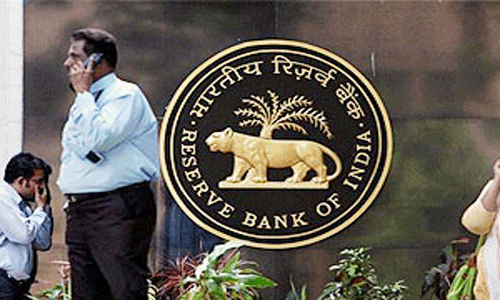
Affordable luxury—contrasting match or confusing mate?
Call it contrasting match of the two extreme ends or just the confusing mate living together, but affordable luxury has gained ground in Indian realty, finds Track2Realty.

Call it contrasting match of the two extreme ends or just the confusing mate living together, but affordable luxury has gained ground in Indian realty, finds Track2Realty.

Immediately after the earthquake in Delhi-NCR a builder sends a group WhatsApp message that says: Our project in Noida is NCR’s 1st and only earthquake resistant structure with seismic zone V compliance approved by IIT Bombay. Possession next month.” It does not go down well in the collective consciousness as an impression gains ground that the developers are evaluating the opportunity cost in times of a natural calamity. This message nevertheless raises more questions than it tries to answer that the given project is earthquake complaint.

From being the governance wild child to maturing into a market influencer, India’s real-estate sector has transformed in the past decade, with a paradigm shift from family owned businesses to corporates along with a few companies listing on stock exchanges. The change began with the government opening doors to Foreign Direct Investment (FDI) in 2005 and then welcoming the next wave of stability as corporate houses brought image restoration for the sector. Led by corporate entities, realty companies soon adopted corporate governance wherein transparency began to trickle down into the system as a norm slowly.

Track2Realty Exclusive: 2014 was an eventful year for the commercial real estate market in India. The economic outlook in the first half of the year was uninspiring. Coupled with political uncertainty this resulted in investors and occupiers stalled making any real estate decisions. Business confidence was at its lowest. The sentiment changed dramatically in the second half post the national elections as it became clear that there would a ‘new’ stable government.

Track2Realty Exclusive: At a time when the buzz word across the country has been the inevitable reality of urbanisation and the need to create smart cities the urban planners are wondering which are the Indian cities that can claim to be close to the desired smart index. More importantly, which are the cities that have managed urban development along with the pace of business and economy to emerge as the truly developed cities with self sustaining physical and social infrastructure that could be a magnet for big ticket investment?

Track2Realty Exclusive: The Real Estate Regulation Bill will define and clarify various concepts in the sector; this will bring in transparency and curb unfair practices. Following the trend seen in other sectors like telecom, banking, insurance etc, the Bill provides for creation of a separate Regulator and Appellate Authority. While it is expected to provide specialized regulation and enforcement, this should not become another regulatory in the ‘approval’ matrix.

Track2Realty: Transactions in India’s real estate space might have slowed down over the last two quarters, but the sector has not been overwhelmed by the state of the wider economy. Despite the subdued pre-election economic scenario, in fact, the period observed an increase in private equity activity.

Track2Realty Exclusive: Funding, or rather lack of it, has been one of the key concerns of the real estate developers throughout 2013, yet if some of the key policy decisions that have been taken in the year it seems 2014 is all set to get big ticket funding. The money is poised to be invested in the sector and if not as private equity, the biggies will put in money through Real Estate Investment Trust (REIT).

Track2Realty: Real estate has expressed disappointment over the decision to hike key policy rate by the Reserve Bank of India (RBI). The developers and analysts say this would lead to increase in finance cost and also affect housing demand during the festive season.

Track2Realty Exclusive: Smart homes in India are coming up with a plethora of new technologies and have begun to find their ways into homes not owned by the richest exclusively. Technology vendors and real-estate players from different domains have started developing solutions capable of being easily integrated into home-environments. IP based technologies are making substantial strides in the area of ‘smart-home’.
